Protein powders are a convenient, effective way to supplement your daily protein intake—whether your goal is muscle growth, fat loss, better immune function, or simply improving your overall body composition.
But with so many protein powder options out there, how do you know which one is the right protein powder for you? Understanding the best protein powders available can help you make an informed choice based on your individual dietary needs and goals.
Let’s break it down step by step, giving you clarity around the best type of protein powder for your goals.
Introduction to Protein Powder
Protein powder is a dietary supplement made from various sources such as milk, eggs, peas, and soybeans. It is a concentrated form of protein that is often used to support muscle growth, weight loss, and overall health.
Protein powder is a popular choice among athletes, bodybuilders, and fitness enthusiasts due to its convenience and high protein content. Whether you’re looking to enhance your muscle recovery post-workout or simply boost your daily protein intake, protein powders offer a versatile and efficient solution.
What is Protein Powder?
Protein powder is a powdered form of protein that is derived from various sources. It is often used as a dietary supplement to support muscle growth, weight loss, and overall health. Protein powder can be made from various sources such as milk, eggs, peas, and soybeans.
The most common types of protein powder are whey protein, casein protein, and plant-based protein. Whey protein is known for its rapid absorption, making it ideal for post-workout recovery. Casein protein, on the other hand, digests slowly, providing a steady release of amino acids. Plant-based protein powders, derived from sources like peas and soybeans, are excellent for those following a vegan or dairy-free diet.
Whole Foods vs. Protein Powder
You can get protein from whole food sources like eggs, lean meats, beans, and tofu—or from a protein supplement. Each has pros and cons.
|
Whole Foods |
Protein Powders |
|---|---|
|
Rich in vitamins and minerals |
Quick and convenient |
|
Slower to digest, keeps you full |
Rapid absorption (great post-workout) |
|
Greater variety of nutrients |
Can lack micronutrients |
|
Better for long-term satiety |
Easy to measure protein per serving |
While whole foods are essential for a balanced diet, protein shakes provide a practical option to support muscle repair, build muscle, or enhance clinical nutrition outcomes.
Understanding Different Types of Protein Powder
Choosing the right protein powder starts with understanding the types. Here’s a breakdown:
Protein supplements play a crucial role in meeting dietary needs and health considerations, especially for specific groups like the elderly or athletes.
Whey Protein
-
Whey protein powders: Includes various forms such as whey protein concentrate and whey protein isolate, essential supplements for muscle building and overall fitness enhancement.
-
Whey protein concentrate: Contains small amounts of fat and carbs, affordable, with a creamy texture.
-
Whey protein isolate: Filtered for higher protein content, low in lactose and saturated fat. Ideal for lactose intolerant users and those aiming for fat loss.
Casein Protein
Slower-digesting than whey. Best taken before bed to help with overnight muscle protein synthesis. Great for maintaining muscle mass during calorie deficits.
Plant-Based Protein
Plant-based protein powder is a type of protein powder that is derived from plant sources such as peas, soybeans, and rice. It is a popular choice among vegetarians and vegans due to its high protein content and low allergenic potential. Plant-based protein powder is often used to support muscle growth, weight loss, and overall health. These protein powders are not only rich in protein but also come with additional nutrients like fiber and omega-3 fatty acids. They are hypoallergenic and suitable for those with dairy or gluten sensitivities, making them a versatile option for a wide range of dietary needs.
Plant Based Protein
-
Includes soy protein, pea protein, hemp, and brown rice as sources of plant based proteins.
-
Good for dairy free diets, vegetarians, or vegans.
-
Often hypoallergenic and contains beneficial nutrients like fibre and omega-3s.
Egg White Protein
Low-carb, fat-free, and digests more slowly than whey. Excellent for maintaining a steady amino acid supply throughout the day.
Comparison Table: Popular Protein Sources
|
Protein Type |
Source |
Digestibility |
Complete Protein |
Best For |
|---|---|---|---|---|
|
Whey Isolate |
Dairy |
Fast |
Yes |
Post-workout, lean muscle |
|
Whey Concentrate |
Dairy |
Medium-Fast |
Yes |
General use, weight gain |
|
Casein |
Dairy |
Slow |
Yes |
Nighttime recovery |
|
Soy Protein Isolate |
Plant (Soy) |
Medium |
Yes |
Vegan muscle building |
|
Pea Protein |
Plant (Pea) |
Medium |
Mostly |
Gentle digestion, lactose intolerance |
|
Egg White Protein |
Egg |
Medium |
Yes |
All-day use |
|
Brown Rice Protein |
Plant (Rice) |
Medium |
No (blend recommended) |
Gluten-free, dairy free diets |
How to Align Your Protein Powder with Your Goals
Goal: Build Muscle Mass
Choose whey protein powder or whey protein isolate, both rich in branched chain amino acids. Their rapid absorption enhances postprandial protein accretion.
Goal: Fat Loss
Pick low-carb, low-fat powders like whey isolate or plant based protein. Avoid added sugars and maltodextrins.
Goal: Stay Vegan
Use soy protein, pea protein, or hemp protein. Ensure it's a complete protein or blend for a full amino acid profile.
Goal: Manage Food Sensitivities
Avoid dairy, artificial sweeteners, and gluten. Plant proteins or egg white protein are typically gentle.
Goal: Maximise Value
Buying protein concentrate in bulk offers better cost-per-serve than pre-mixed protein shakes.
Evaluating Protein Powder Quality
When evaluating the quality of a protein powder, there are several factors to consider. These include the protein content, amino acid score, and presence of additives and sweeteners. High-quality protein powders will have a high protein content per serving, a complete amino acid profile, and minimal additives.
It’s essential to read the labels carefully to ensure you’re getting a product that aligns with your health and fitness goals. Look for protein powders that are free from artificial sweeteners, fillers, and unnecessary additives to maximize the benefits of your protein supplementation.
Amino Acid Score
The amino acid score is a measure of the quality of a protein powder. It is based on the presence of essential amino acids, which are necessary for muscle growth and repair. A high amino acid score indicates that the protein powder contains all the essential amino acids in the right proportions.
Whey protein and casein protein are examples of protein powders with high amino acid scores. When choosing a protein powder, aim for one with a high amino acid score to ensure you’re getting the most out of your protein intake.
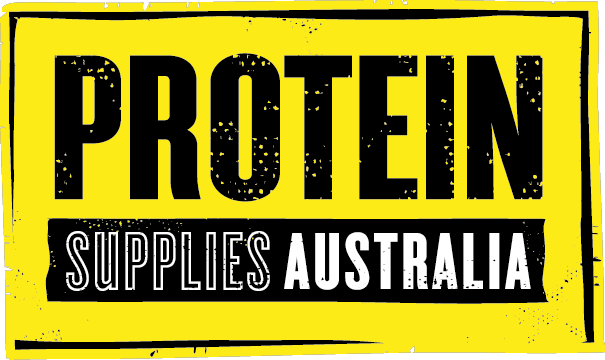
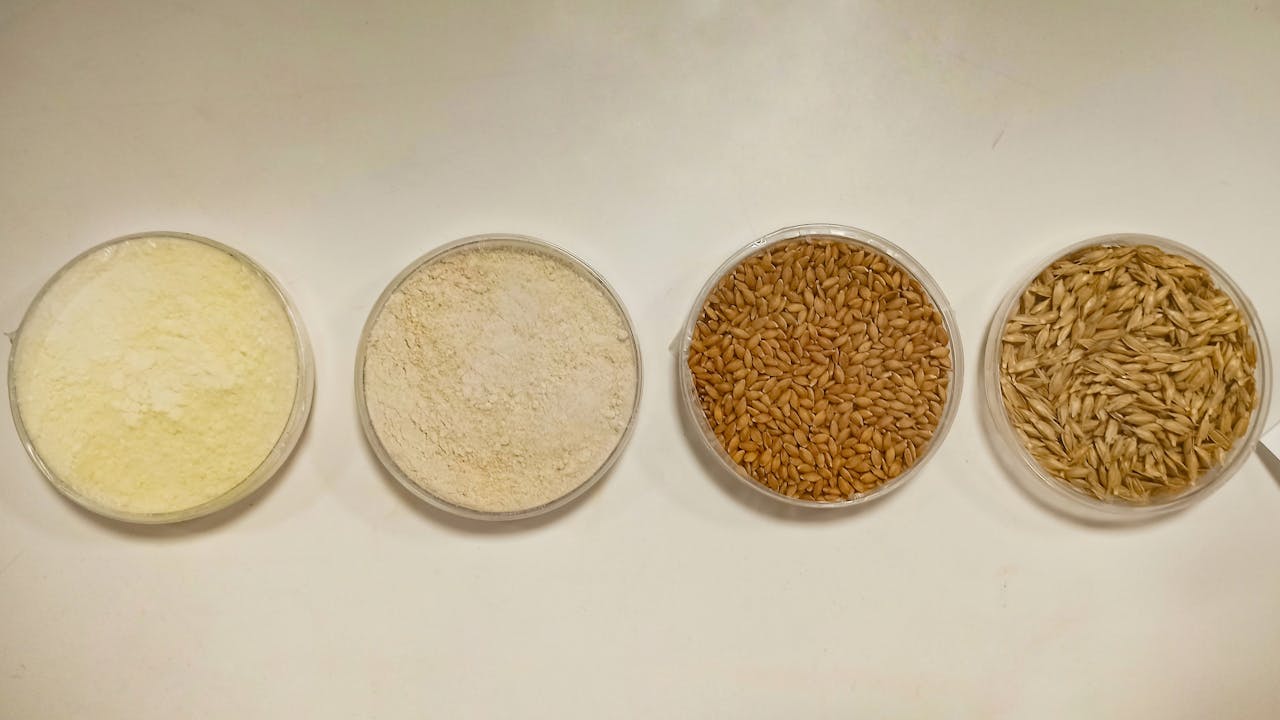
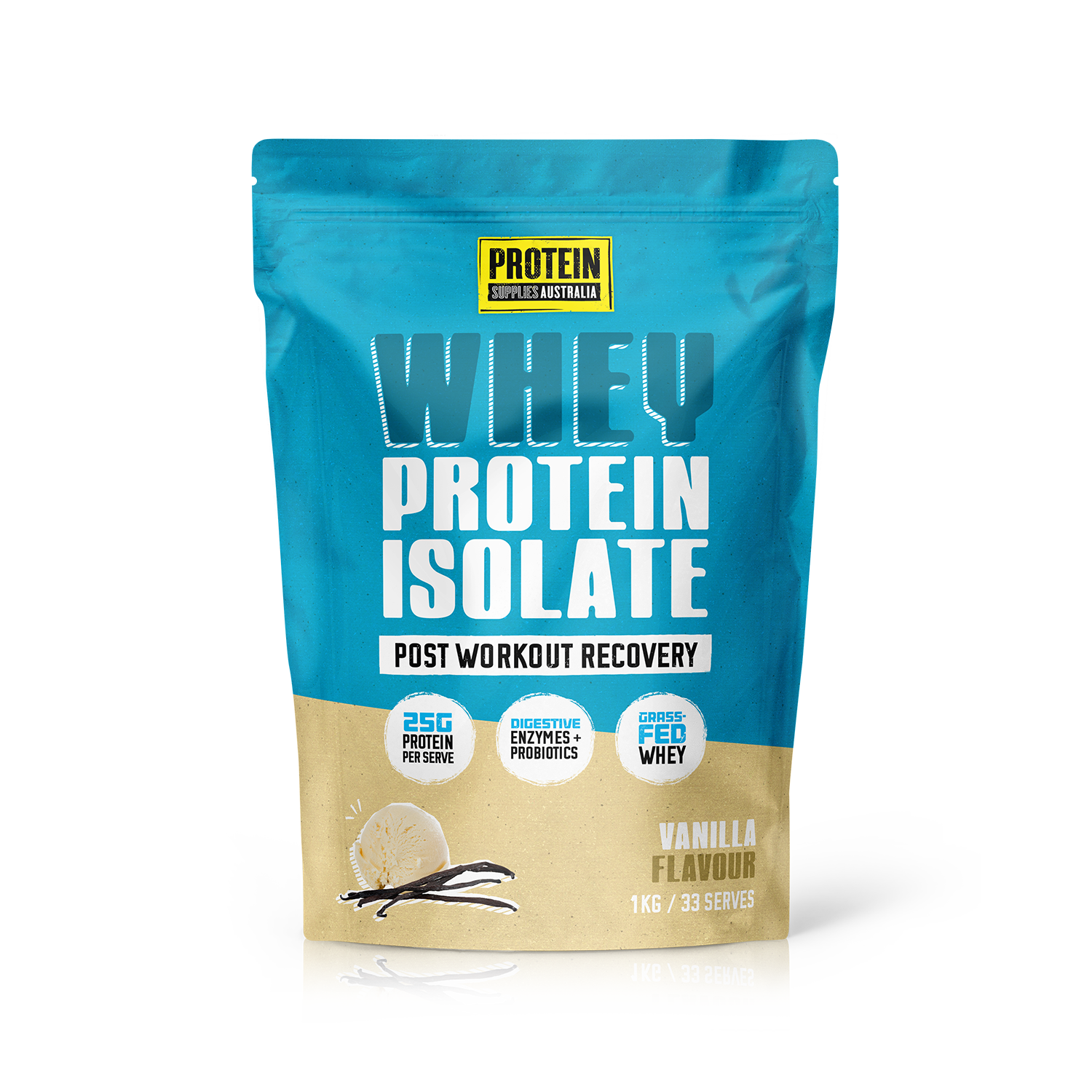
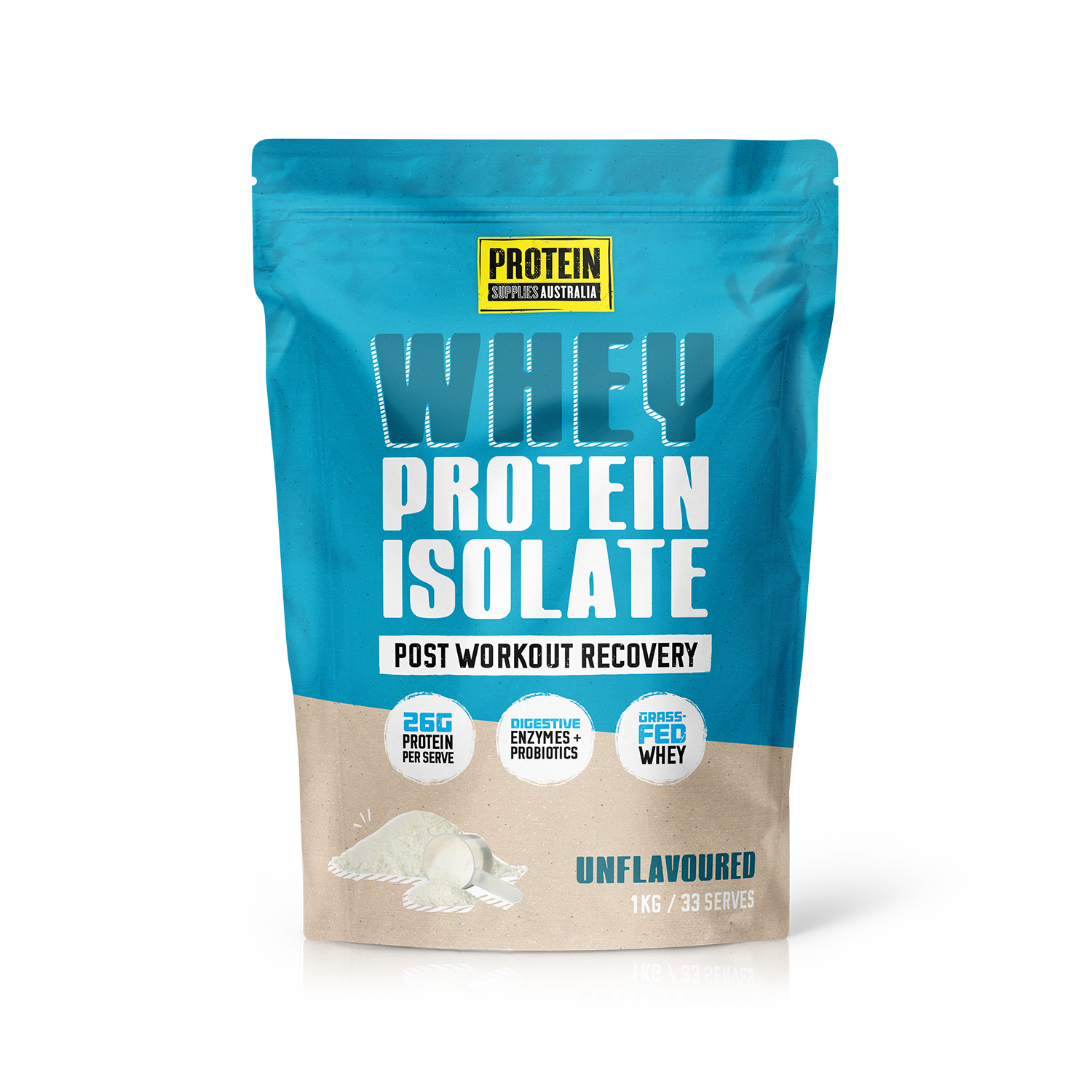
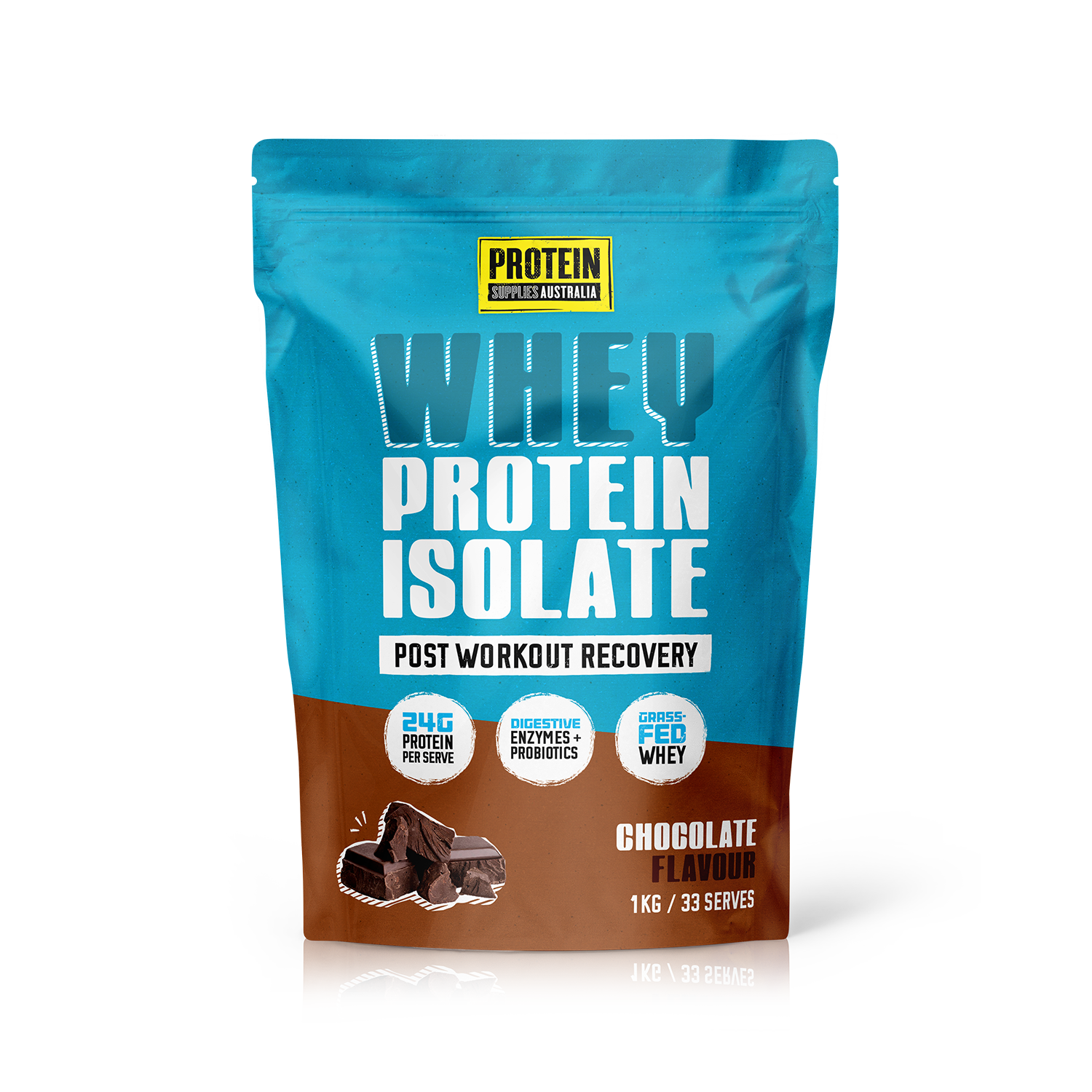
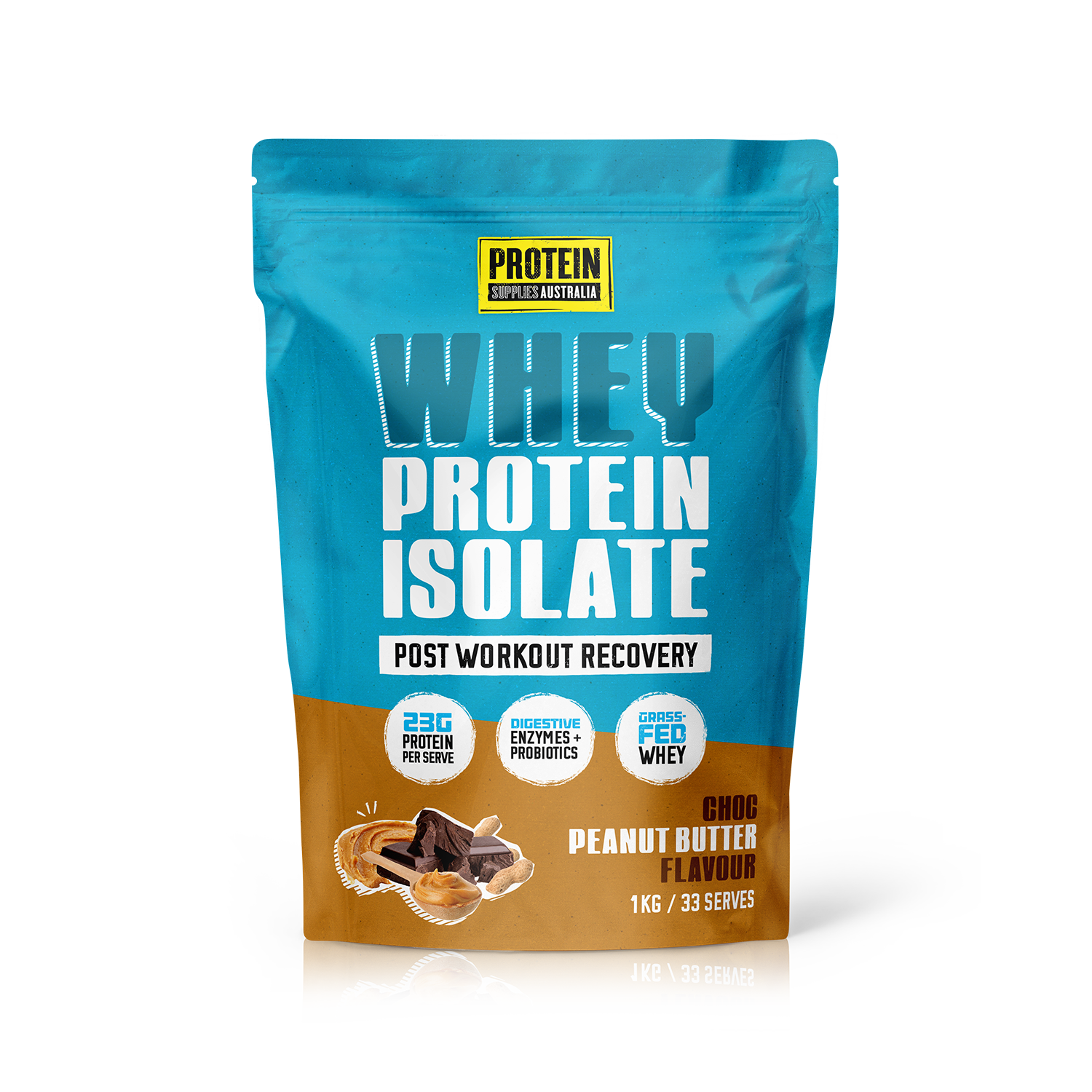
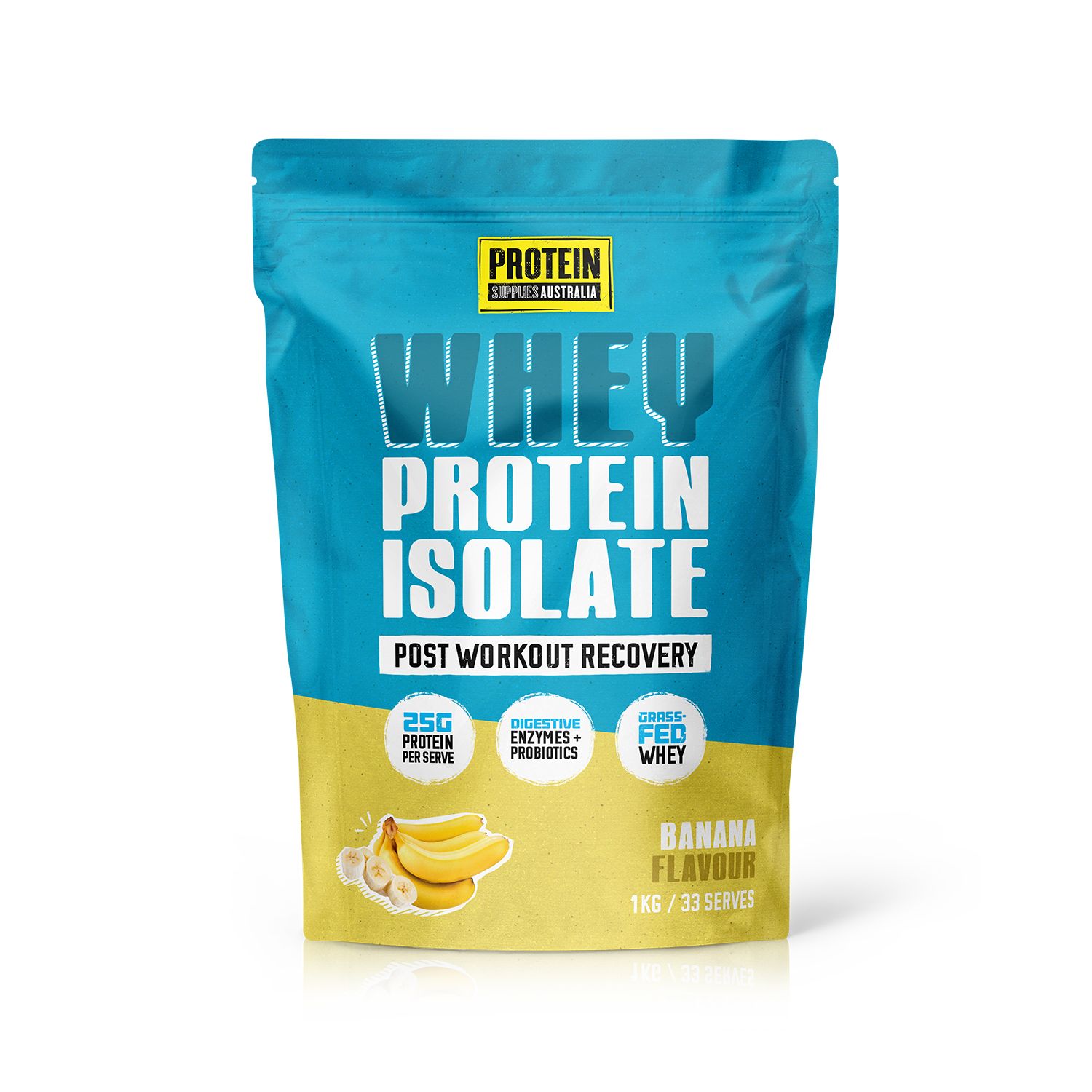
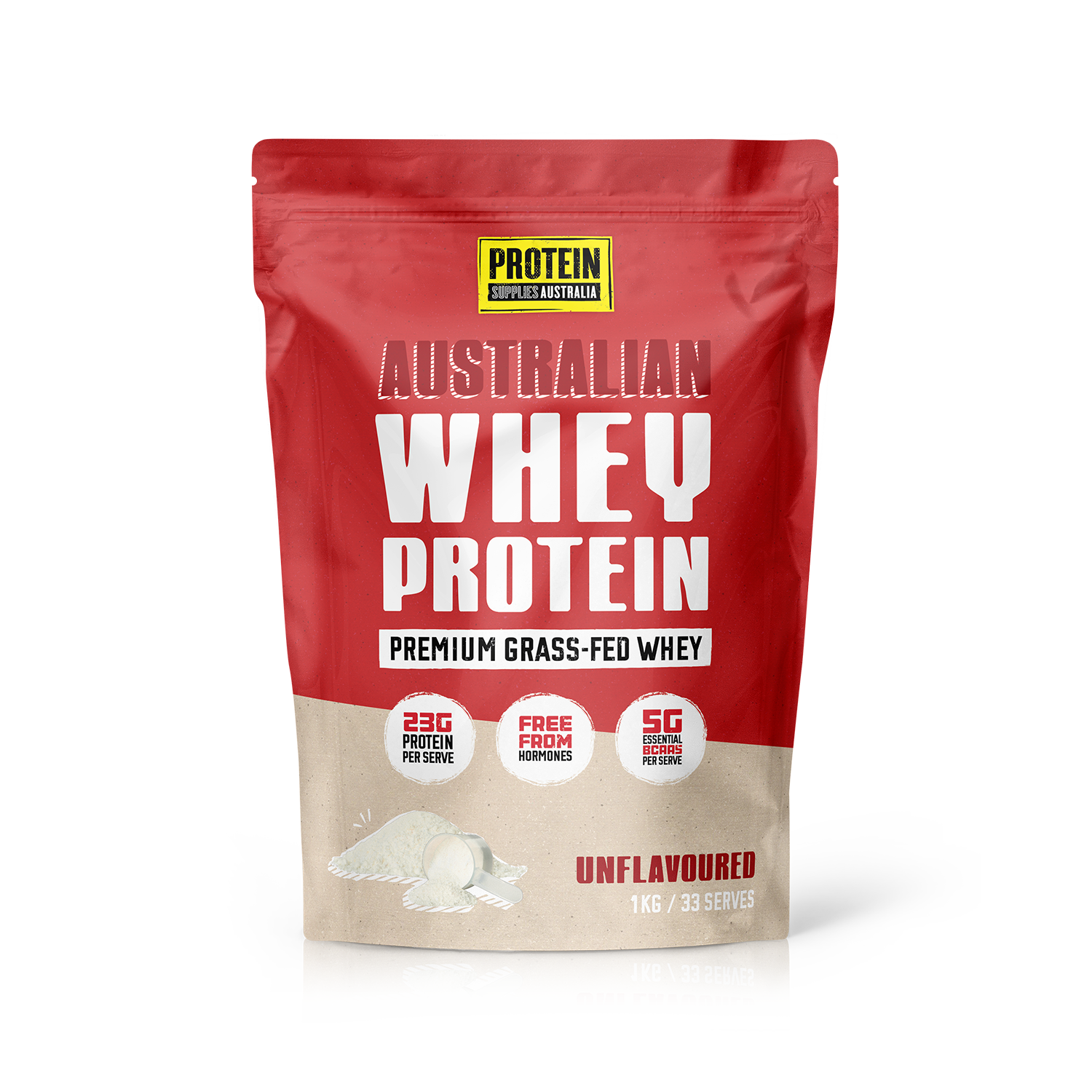
Collagen for Weight Loss: How Supplements Can Help
Is protein powder good for weight loss?